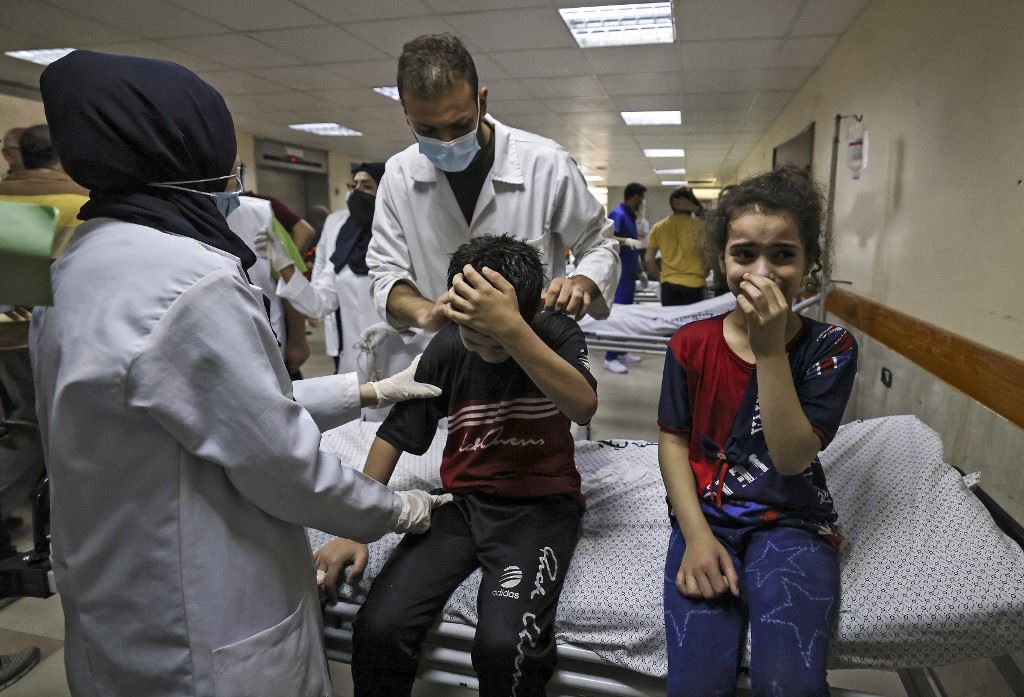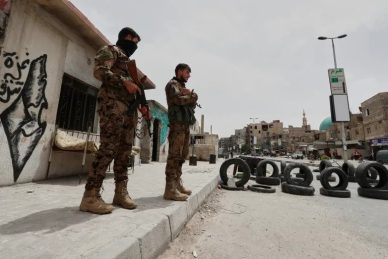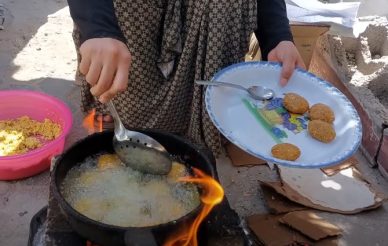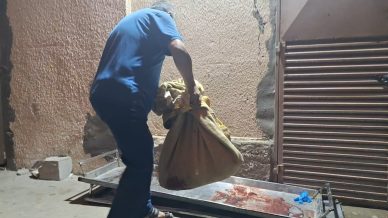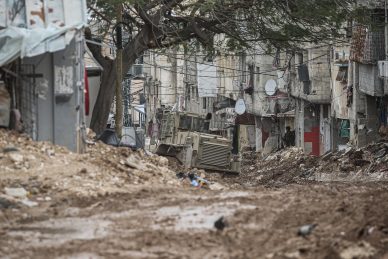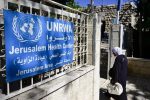GENEVA, (PIC)
Israel deliberately prevents thousands of sick and wounded people from leaving the Gaza Strip for treatment, the Euro-Med Human Rights Monitor said on Wednesday.
It is unacceptable that Israel continues to punish sick and wounded civilians and to abandon its legal obligations as the occupying power in Gaza, the Euro-Med Monitor added.
Since the start of the unprecedented Israeli military attacks on the Gaza Strip on October 7, the Israeli authorities have closed the Beit Hanoun/Erez checkpoint, strictly denying the sick and wounded’s travel abroad.
The Rafah crossing, the Gaza Strip’s only land entry point with the outside world, remained closed for the first two weeks of Israel’s attacks before being partially reopened on October 20 to allow the entry of humanitarian supplies and the movement of the sick and injured.
However, their movement remained extremely slow and subject to arbitrary Israeli restrictions due to the need for security approval from the Israeli army for every name of a person attempting to travel for treatment.
The head of the Gaza Strip’s Health Emergency Committee Dr. Marwan Al-Hams told the Euro-Med team that while they send the Egyptian side a list of 300 names every day of patients and injured people in urgent need of care, only 20 to 50 names are approved after a delay of 24 to 72 hours. Some of them die while waiting for their turn to travel.
Only 430 of the approximately 49,000 injured were able to travel to Egypt through the Rafah crossing, making up just 1% of the total, at a time when at least 8,000 of the injured require immediate medical treatment.
Meanwhile, approximately 500 patients suffering from kidney disease, cancer, and other chronic illnesses were moved to hospitals in Egypt, Turkey, and the United Arab Emirates via the Rafah crossing.
Restricting the movement of the ill and injured comes at a time when the Gaza Strip’s health system is on the verge of total collapse, according to the Euro-Med Monitor. Due to limited medical resources, only 13 of the 36 hospitals in the Gaza Strip are currently partially operational and able to accept new patients.
The Gaza Ministry of Health reports that the number of beds available has dropped from 3,600 to less than 1,400, and that occupancy rates in intensive care units are currently 250% and in inpatient departments 206%, respectively.
As a result, the vast majority of patients in Gaza—particularly the more than 2,000 cancer patients and 1,000 kidney failure patients—do not receive any medical care, and they are facing the imminent risk of death if their travel abroad for treatment continues to be restricted.
Israel has restricted the movement of patients seeking treatment abroad since enforcing a tight siege on the Gaza Strip in 2006. It has also consistently disregarded appeals to spare lives and lessen the strain on the deteriorating healthcare system.
Increasing travel restrictions for the sick and injured and blocking medical supplies during deadly attacks on the Gaza Strip are explicit forms of collective punishment against unarmed civilians, Euro-Med Monitor further added, saying that this constitutes a violation of international humanitarian law and may amount to a war crime.
The restrictions imposed on the movement of injured and sick people are closely related to the rise in deaths in the Gaza Strip, according to the Euro-Med Monitor, and they could potentially be a contributing factor to the ongoing genocide against Palestinian civilians.

